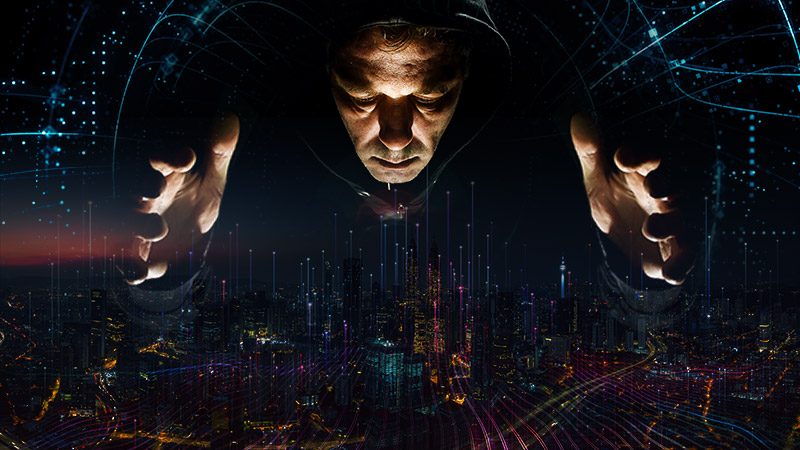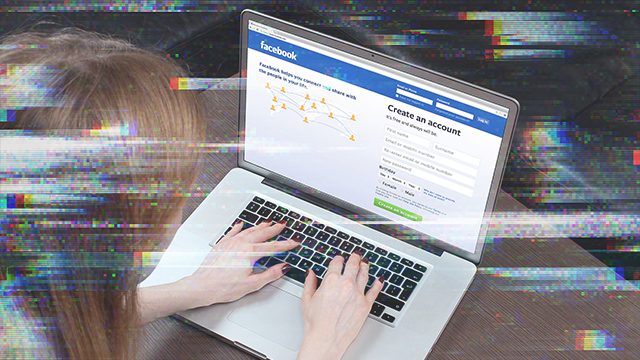SUMMARY
This is AI generated summarization, which may have errors. For context, always refer to the full article.

I recently read through Slate’s “The Evil List,” which attempted to address and list down the 30 most concerning tech companies through ballots sent to journalists, scholars, and notable technology-centered critical thinkers.
It’s a pretty spot-on list, with well-known American companies – Google, Amazon, Facebook, and Apple – high up on the rankings for a variety of reasons.
Now, those companies aren’t the point of this entire discussion today, but The Evil List did make me think about what would make technology or a tech company behind a particular innovation evil.
Sadly, such a question isn’t always a palatable one to think about, because it can lead down a very anxiety-ridden rabbit hole of uncomfortable thoughts.

Technology as tool?
I still believe technology is a tool – one in which the use of the tool can be good or evil depending on who is using it – but it gets more difficult by the day to reason out in this fashion.
The discussion of tech as “simply amoral” has long been a part of scientific circles, such as when technological innovations like explosives and atomic energy were discovered. Yet, the discussion persists.
This might be due to how we built up certain aspects of human society.
To wit, there are now more avenues for technology to be used justifiably in “evil” ways because technological innovation appears to have charged forward towards the growth of social injustice.
An ideal of social justice and examples of injustice
The concept of social justice or injustice is quite the long-winded concept, but let’s center today’s discussion on one ideal of social justice.
People should have equal (or perhaps the better term is equitable) access to resources to allow them to grow in society, whether that’s the need for adequate wealth, healthcare, societal privileges, or opportunities regardless of their current status in life and adjusting for whatever circumstances may hinder a person’s potential growth in society at present.
Sadly, we are already at a deficit when it comes to creating social justice because it’s really hard to see how the above statement occurs in reality.
More importantly, technology, or the mindset behind current technological innovation – pivoting towards profits rather than social good – can make this worse.
Some simple examples include game developers creating games and systems within their games which may foster addictive behaviors and enhance spending to make money. Jim Sterling of The Jimquisition discusses these sorts of “surprise mechanics” more in the video above.
There are also created biases in artificial intelligence that make life harder for minorities they’re used on. (READ: Western academia helps build China’s automated racism)
Let us not forget the ideas of disinformation and hacking campaigns used to stir up hatred, misinform the public, and control the narrative of discussion in a given nation or topic whether or not you even live in the country the disinformation is targeted in. (READ: Disinformation efforts now used in 70 countries – researchers)
Society is broken, and the fix is hard
In 2015, Practical Action Publishing released a short published work of around 30-something pages called Technology Justice: A Call to Action.
One of the statements in that short write-up fit the discussion today, which I’d like to share.
“Technological innovation is not driven by a focus on the most pressing social and environmental challenges we face. It is not targeted enough on improving the conditions of those living in poverty. And the gains and risks of innovation are distributed unevenly between public and private sources of investment.”
This, simply put, leads a very difficult decision. Much like climate change, which in itself requires a drastic change in human society’s habits towards consumption, people in positions of power have to make hard choices and take careful stock of how accepting society as built towards the acquisition of profit or power is making things worse.
When it comes to enabling security and safety for the citizens of a country, it’s certainly not by creating a surveillance state, as might be the case in Russia with its facial recognition network or China with… well, its overwhelming number of cameras for facial recognition and social credit system, and skewed artificial intelligence initiatives. (READ: Confusion clouds China’s social credit system)
It also means we rebuild artificial intelligence to follow rules to avoid bias. It means we tax people with more to give back services that help people who have less, and invest in making sustainable technologies that allows us to do this better.
Society is broken, and technology and our “innovative pushes” both reflect and make some of the worst aspects of society even worse. The fix isn’t insurmountable, but much like addictive behavior pointed towards spending in games, society has a REALLY hard habit to break. – Rappler.com
Add a comment
How does this make you feel?
There are no comments yet. Add your comment to start the conversation.